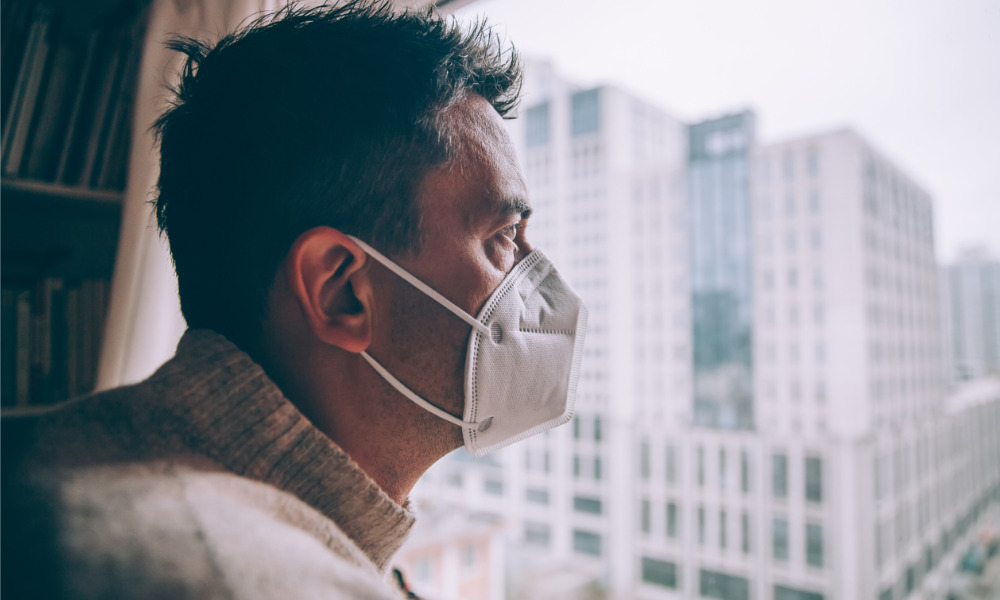
Employers need to be cognisant of the potential mental health impacts of working from home

Every morning at 10, regular as clockwork, Trish got up from her computer at her mid-tier accounting firm and met her best friend Sarah in reception before going out for coffee. Both executive assistants to two partners at the firm, this coffee break had become an intrinsic part of their working day; they discussed work, shared some gossip, had a laugh.
It was a daily event that happened across the country in every workplace, large or small, an essential social lubricant that so often proved productive in terms of morale, ideas, staff counselling, and, when required, a shoulder to lean on in troubled times in an employee’s personal life.
Now, in one fell swoop called COVID-19 (coronavirus), these millions of social exchanges have been stopped in their tracks as people work from home as part of the concerted national effort to self-isolate in a bid to end a pandemic that is having such tragic human and economic consequences.
For many employees, it’s a brave, new and daunting world. Their familiar work environment is no more. For employers, it brings added responsibilities. It means they need to be acutely aware of the likely increase in mental health issues among employees being directed to work from home for the first time in their working lives.
To state the obvious, COVID-19 is changing how many people traditionally work. Businesses, quite understandably, focused initially on the practical issues around technology and home office set-up as their workforces scattered across a city or town, but now need to realise it will involve much more than this as they still have a duty of care to employees for their psychological well-being when working from home.
Employers need to appreciate that this is an extremely stressful time for employees, especially as there is no certainty about when this pandemic will subside. Weeks could easily become months.
Employee stress and anxiety will increase if there is any possibility that there might be job losses, or directions to remain at home extend beyond what was initially thought necessary. Although the Federal Government’s $130 billion JobKeeper commitment to pay wages will send a reassuring message through the community, employees are still acutely aware this is not “business as usual”, and that this government initiative does not guarantee their job.
In these circumstances, employers need to ensure they are fully transparent with employees. They need to appreciate that those casual in-person conversations and meetings that grease the wheels of an office environment are now gone and for some employees such as Trish and Sarah this will be difficult to come to grips with.
Multiple and frequent information channels need to be put in place and adhered to minimise employees’ sense of isolation. This will need to be managed so as to not inadvertently isolate some workers more the others.
Employers also must remember that an office environment creates a lot of work for people, especially support staff. Manual tasks such as filing, copying, organising meetings, and taking notes are just some examples. For these people working for home will be difficult as they will know their productivity is down and that could create the (erroneous) impression they are “slacking off”. This makes it even more imperative they remain included in visual meetings and group communications.
There also needs to be clear protocols about what is required from working from home. As physical boundaries between work and home disappear, employees might feel the need to work longer hours (perhaps to demonstrate their productivity or to be constantly available) – this will again increase stress levels and can have ramifications down the line in relation to increased workers’ compensation claims.
In all of this there is a silver lining in what is a very dark cloud right now. Employers who are cognisant of the mental health impacts on employees and put in place processes for monitoring their virtual workforce will minimise workplace disruption, maximise productivity and create a better and safer workplace environment for when things return to normal. Hopefully, that’s soon.
Christa Lenard is a Partner at the workplace relations law firm Kingston Reid.